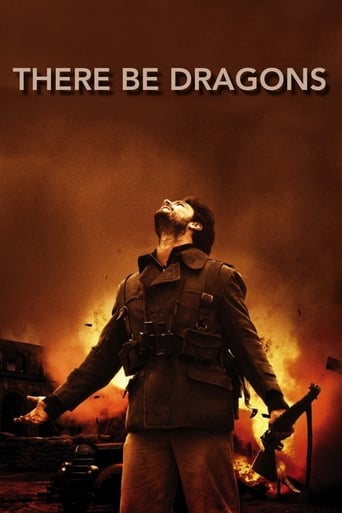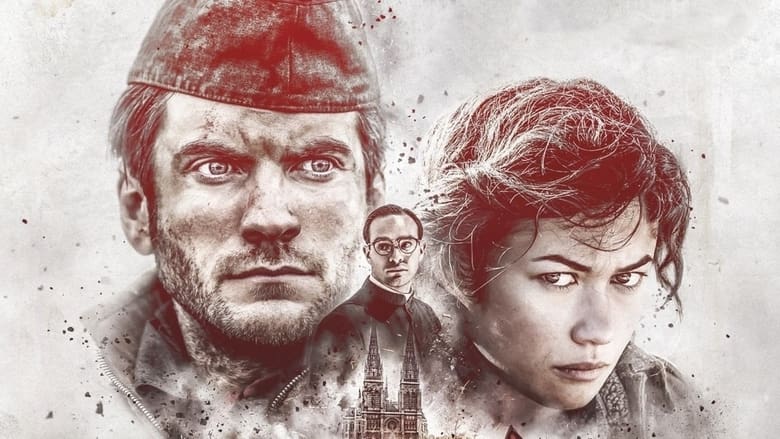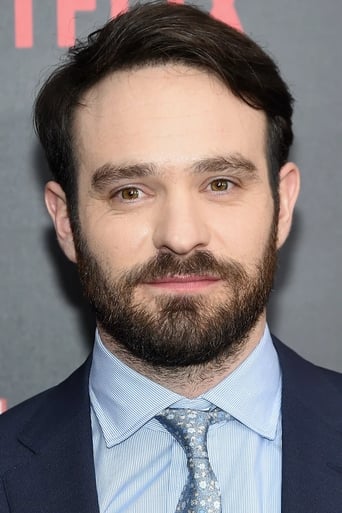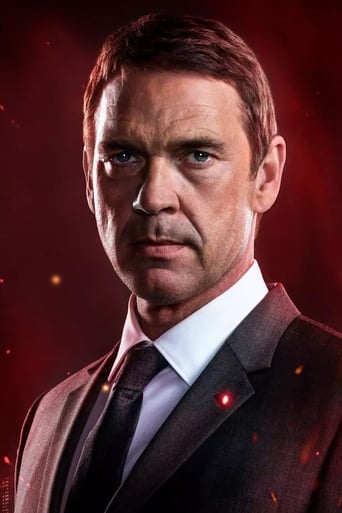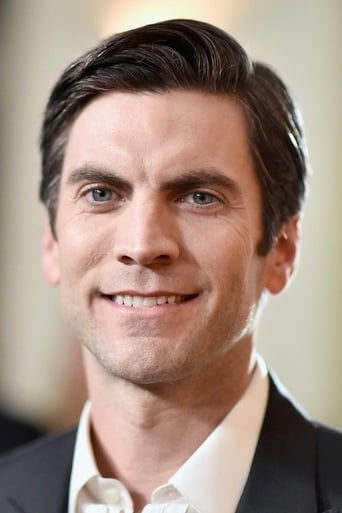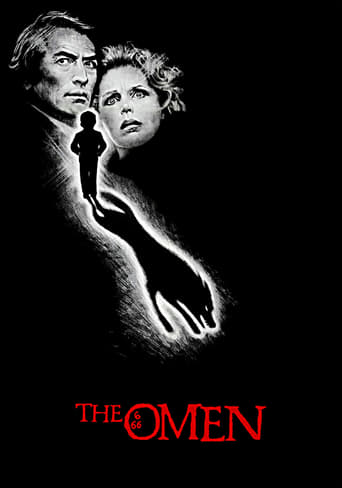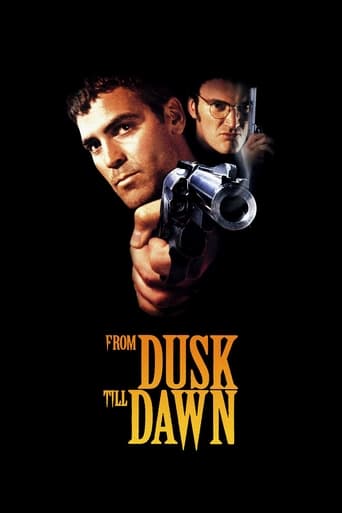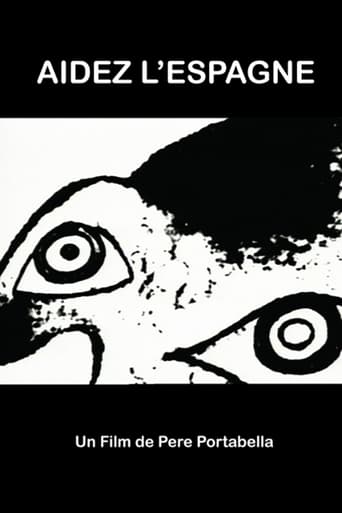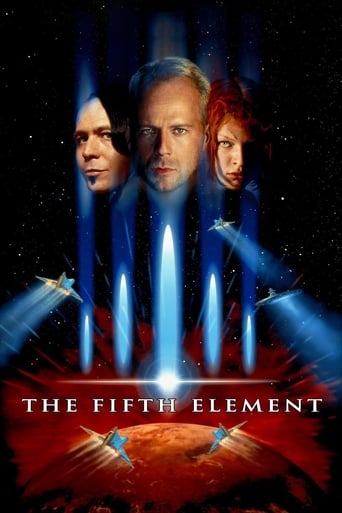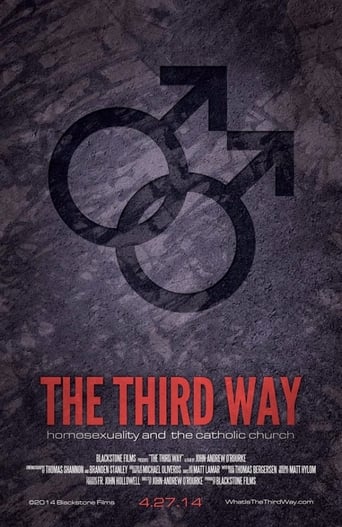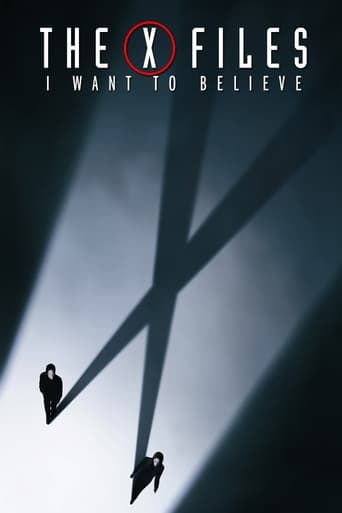There Be Dragons (2011)
Arising out of the horror of the Spanish Civil War, a candidate for canonization is investigated by a journalist who discovers his own estranged father had a deep, dark and devastating connection to the saint's life.While researching the life of Josemaria Escriva, the controversial founder of Opus Dei, the young journalist Robert uncovers hidden stories of his estranged father Manolo, and is taken on a journey through the dark, terrible secrets of his family’s past.
Watch Trailer
Cast
Similar titles
Reviews
I like the storyline of this show,it attract me so much
A lot of fun.
The joyful confection is coated in a sparkly gloss, bright enough to gleam from the darkest, most cynical corners.
There are moments in this movie where the great movie it could've been peek out... They're fleeting, here, but they're worth savoring, and they happen often enough to make it worth your while.
The dark, ominous themes of the shots reflect on the gruesome war setting and emotionally charged events that shape the story. Dramatic wide angles and poignant close ups convey the story's mood in its vivid cinematography. As the director of cinematography, Gabriel Beristain creates a stunningly accurate visual representation of the character's emotional turmoil. Each shot portrays an expertise at visual storytelling that takes years of experience to develop.Both technically and artistically, There Be Dragons is harmonious and excellent. Characters were not unnecessarily sexualized nor were there extensive uses of vulgarity. Director, Producer and writer Roland Joffe invested his entire self into this film. Critics assert Joffe infused too much of himself into the film, but many viewers argue that this aspect is what makes There Be Dragons so impactful. The prevalent concern of critics, however, is the weaknesses of the script, which they consider too long and busy. I agree with this, as the many layers and details in the film made it difficult to summarize and retell. Actors Charlie Cox and Wes Bentley, who portrayed José Maria and Manelo respectively, were outstanding in their roles. The entire cast was professional and talented, portraying a genuine connection to the story and their characters. Amy Hubbard, John Hubbard, Ros Hubbard and Cathy Sandrich cast the film. Vibrant and stirring, the There Be Dragons soundtrack was thoughtfully composed by Robert Folk with special attention paid to the underlying moods of each scene. Music and picture meld flawlessly. An epic score with a Spanish feel, listeners are told a story of bravery and drama with their ears alone. Folk's use of choir and orchestra translates the theme of the movie exquisitely.
There are some reviews that won't do without spoilers. As this one, and since the bottom line reads, 'don't bother,' it's gonna spiked with them. Should you bother, don't expect to see an edifying depiction of the Spanish civil war. Starting with the purely dramatic aspect, you're in for an attempt of the sentimental that tries to follow in the footsteps of a number of past epics without ever succeeding. Every atrocity, every battle and every memorable scene of conflict desperately contrived to be one feels much like the flashbacks in other movies that only serve to clarify past events in order to drive on the plot, the music making it even worse and more unbelievable. Which would be bad enough. But the specific contents and their implications are simply uncomfortable, in an unwelcome sense. What is seen of murder and injustice is mainly committed by revolutionaries, e.g. the killings of priests, the unthinking mob-behavior against a single, wrongly accused. While one shouldn't doubt that each side in a civil war 'misbehaves', Franco's forces appear simply as an army in contrast and the only crimes on behalf of that side we see are committed by one of the two main protagonists, who in the end receives his personal absolution on the death bed, to sweetest music. The red rebells appear to a large part as the barbaric culprits. When this is not contrasted by what else happened the message is morally doubtful. No mentioning either that the pursue of priests had one of its roots in the catholic church indeed collaborating with Franco's regime. Does this excuse the killings? No. Does it help to make the rage a tad more understandable? Yes. But the movie doesn't intend to pay reference to what the above mentioned character called much more complicated. Latest with the end credits we know that it's a celebration of Josemaria Escriva, the founder of – Opus Dei??? Yes, indeed. And thus we follow the young priest through what the filmmakers intend to call his ordeals. Not that he has the opportunity to realize much action that makes his supposed later saintly status comprehensible. He flees, not that he shouldn't, hides, which is recommendable, crosses the Pyrenees, where the music reaches its intolerable climax. In between he has terrible moments of doubt, which perhaps moves us deeply if we are priests ourselves. To everyone who isn't but is still moved what is rather recommended is some scrutinizing of Opus Dei itself. So, what has ridden Mr. Joffe to hammer together this movie? Clearly blind catholic faith.
This is a movie that has been well-endorsed by the Catholic Church here in our country. It is supposed to deal with the life of a saint, St. Josemaria Escriva, the founder of the controversial organization, the Opus Dei. I must admit that even if I had friends who were members of Opus Dei, I do not really know much about them or about their organization, only what I hear from the outside. I am mostly interested to learn the historical milieu of this film that is why I wanted to watch this.The story is told in flashbacks from the point of view of one Manolo Torres as his estranged son Robert interviews him about his friend Josemaria Escriva (who was then already on his way to becoming a saint in 1982). Manolo and Josemaria were childhood friends. Class differences broke up their friendship as the kids grew up. The outbreak of the Spanish Civil War broke them up even more, as Josemaria went into the priesthood and Manolo went with an anti-clerical militia group. Important revelations about Robert himself would also surface as his father begs for forgiveness for his past.It felt ironic that Escriva was not exactly the central character of this movie since all the publicity was about him. We do see the beginning of his organization of lay workers who lived together, much like today's Opus Dei centers. But other than that, Escriva was merely a side character in the main story of Manolo and his efforts to find redemption for his terrible decisions in his life. You will not really learn much detail about Escriva by watching this film, but you may be inspired to learn more about him. In fact, during the latter third of the film, the character of Escriva was not even on screen until the epilogue.The story was admittedly very slow to unfold (nearly two hours), but we are treated to some masterfully beautiful cinematography. I was excited to see the name of Roland Joffe as the director. It had certainly been a very long time since he gave us classics like "The Mission" and "The Killing Fields," and you can really see his classy touch here. For a film with heavy religious undertones, I was surprised to learn that Joffe was an agnostic. That may actually have been good for this film, as it did not go overboard with religious propaganda. The acting of the leads Wes Bently (as Manolo) and Charlie Cox (as Escriva) were proficient though a bit wooden. I also welcomed the unexpected presence of exotic Bond Girl Olga Kurilenko as Ildiko, the tragic woman in Manolo's life. I think this movie is worth the time to watch, and maybe even re-watch.
I had reason to spend several hours with and paying close attention to the views of the filmmaker, just before the film premiered in Spain; and I found both him and his thinking, truly, fascinating! I found it equally fascinating that a man who had, once, moved audiences with The Killing Fields and The Mission, should believe that this overly plain, almost amateur feel-to-it film - which I had seen, the week before - could ever be expected to transmit to post-Avatar 3D audiences, far less caught up than Roland Joffé in the importance and purpose of redemption in modern-day society.I, for one, agree that learning to forgive is essential and that without it, we can never find our humanity. Also, I'm not saying that there's anything wrong with 'amateur': the word implies love and vocation, and I'm good with that. 'Overly plain', however, did all-too-frequently smack of 'low-budget, tinny dialogs' and 'shallow performances' - with, to some extent, the exception of Derek Jacobi.I simply think that people turn to movie theaters for an experience they could never get from multimedia and home cinema; and movie theaters agree to deliver such an experience. And, though some of the action scenes were not entirely uninteresting (and we're, honestly, not asking for Terminators and Jurassics), to make - for general release - an entertaining and viable movie about the value of 'redemption' would appear to be as commercially unlikely as would making a movie about generosity or about humility. Such 'virtues' will either seep through the plot and hit viewers - and, hopefully, stay with them long - after they have left the theater or they won't! Yet, to play such virtues so close to the plot is - I feel - sadly counterproductive, from both a storytelling and a film-viewing point of view.Mr. Joffé is sure to have enjoyed the experience, engulfed - as he will have been, throughout the film-making process - by this ubiquitous purpose, impregnating so many of his thoughts and actions. It's a shame he didn't give a little more importance to his side of this mutual selfishness pact we call 'film-going': that way, many thousands more might have enjoyed the experience, too.
